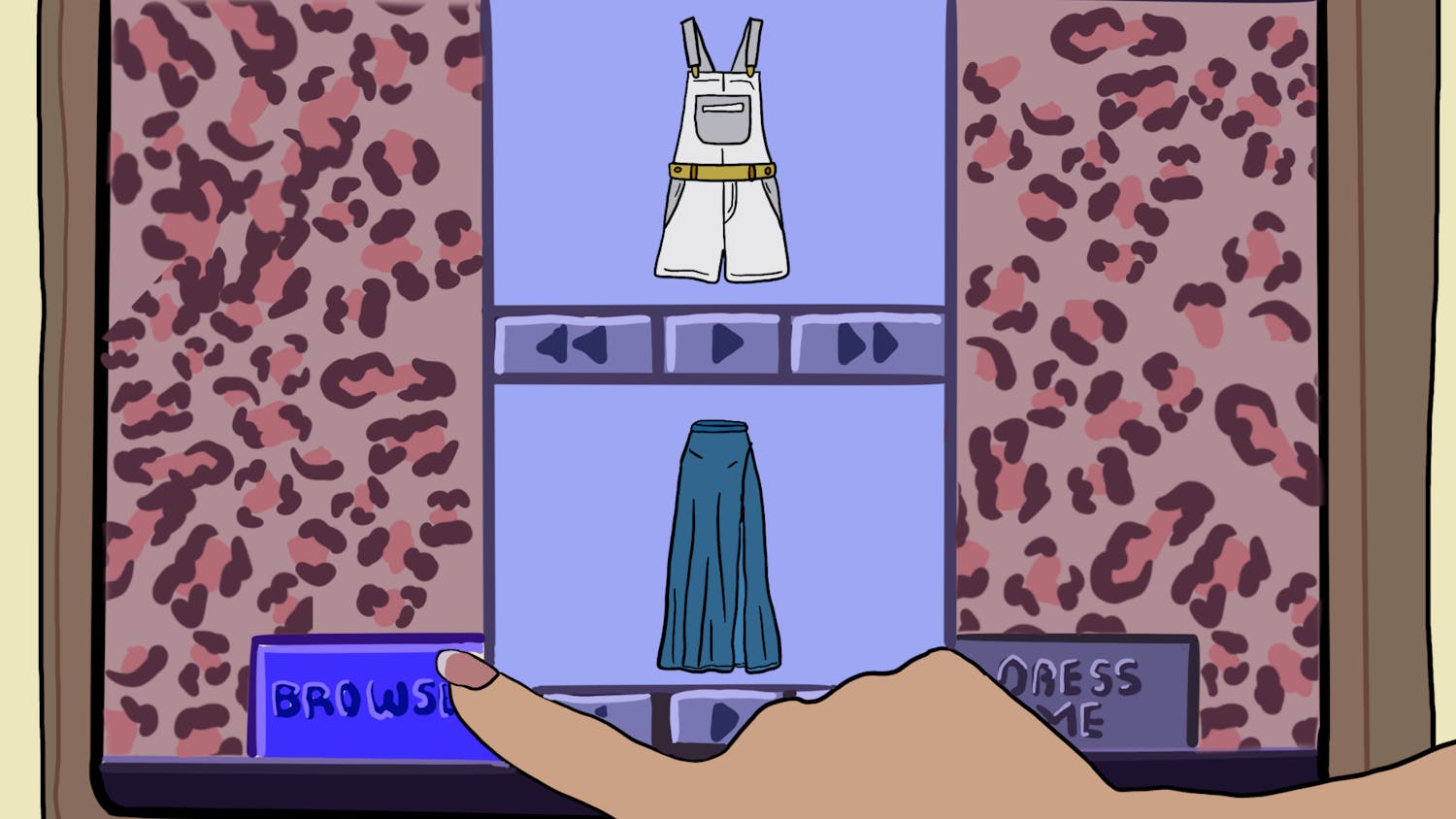“The Vagina Monologues” brings the experiences of women (and other people who have vaginas) to the stage in an emotional roller coaster of a play.
The Ohio University Women’s Center will bring a few performances of “The Vagina Monologues” to Athens this weekend. Based off of Eve Ensler’s 1996 play, this event will feature performances of original stories and new stories that detail what it’s like to be a woman in today’s world. A wide range of topics are shown in the monologues, ranging from first-world problems that many women experience to other issues that not many women have been through.
Mira Cooper, a senior studying civil engineering, said she will be reading an original monologue from Eve Ensler’s book titled Six-year-old Girl. During it, she adopts this “completely unashamed, adorable, chatty kid persona” who is being interviewed by the narrator and shows the audience how much “unabashed confidence” children have before hitting puberty and becoming “ashamed” of their bodies.
Even people who have seen “The Vagina Monologues” dozens of times will walk away from the show with new knowledge, Sasha Gough, an Athens resident and director of “The Vagina Monologues,” said.
“The Vagina Monologues” is structured more like a “class” than a traditional play, Maxx Manring, an Athens resident and assistant director of “The Vagina Monologues,” said.
“It’s definitely less about entertainment and more about informing (and interacting),” Manring said. “We want to know (the audience is) understanding what we’re saying.”
Gough said her first time seeing “The Vagina Monologues” was two years ago and her favorite performance was “Reclaiming ‘Cunt,’ ” which will be read this weekend. When Gough watched this monologue she still thought “cunt” was a taboo word that was mostly used in a negative way. At the end of the performance the audience was asked to scream it out. Now, she believes it can be an empowering word if it is reclaimed.
The play opens conversations about things women go through their entire lives and that they sometimes feel are not safe to talk about with many people, Cooper said.
Manring said what’s most important to her is knowing that people have the “validation” of realizing others share their struggles.
To make the audience more comfortable, this year the director created programs that will have “content warnings” and the duration for each piece in case anyone would like to step out of the theater beforehand.
Eve Ensler’s original monologues have their “faults and errors,” Ellenore Holbrook, a senior studying political science and the treasurer of V-Day, said.
The first monologues written by Ensler are mainly stories centering around cisgender individuals, Manring said.
“We’re just asking to have the time and the space to put in the voices of other identities," Manring said.
Ensler’s original monologues were “progressive” when they were first released, but they need to be updated, Gough said. “They Beat the Girl Out of My Boy . . . or so They Tried” details the experiences of a transgender person, but it’s a very “one-track” story, Gough said.
“When we do the additional self-written monologues and self-found monologues, we cover more of a broad spectrum of women’s experiences,” Cooper said.
This year, the directors have included a “trans masc voice” and a “non-binary voice” which are a few not addressed by Ensler, Gough said.
“Those are people who have vaginas and experience things with vaginas, but in separate ways because they’re not women,” Gough said.
Manring said she attended an LGBT Center event last year where non-binary and transgender people were talking about how they felt “uncomfortable” at some campus events because they did not feel accepted.
They wanted to see the “inclusive part” at the beginning of the show to establish a “safe space” already, Manring added, “People who don’t want to sit through (the hetero cis-normative sections) still deserve the chance to hear their representation.”
All of the proceeds from this weekend’s performances will go to My Sister’s Place because the “upfront costs” are handled, such as reserving the Baker Center Theater.
“We try to end the show on a note that makes everyone leave the theater going ‘I want to change the way we view women in society,'” Cooper said.






